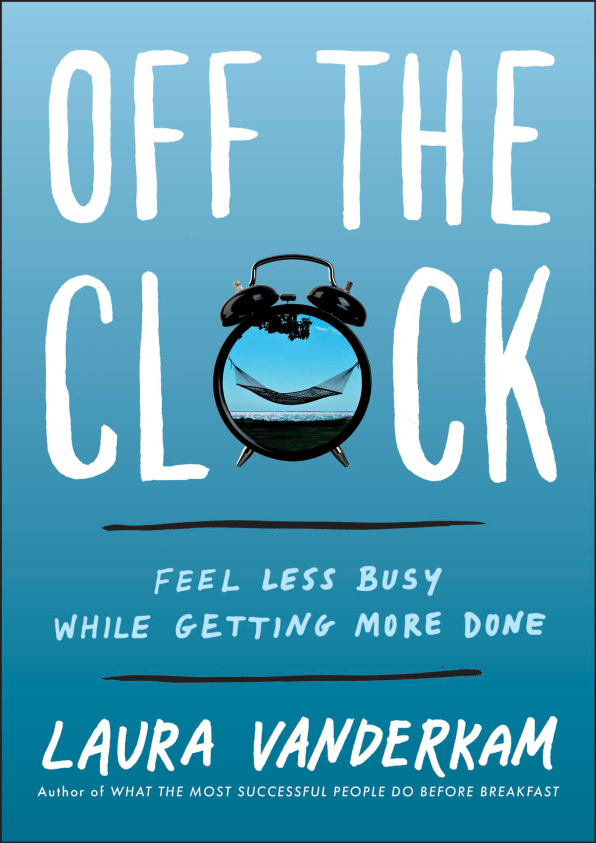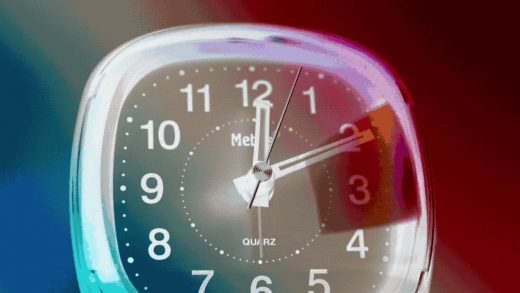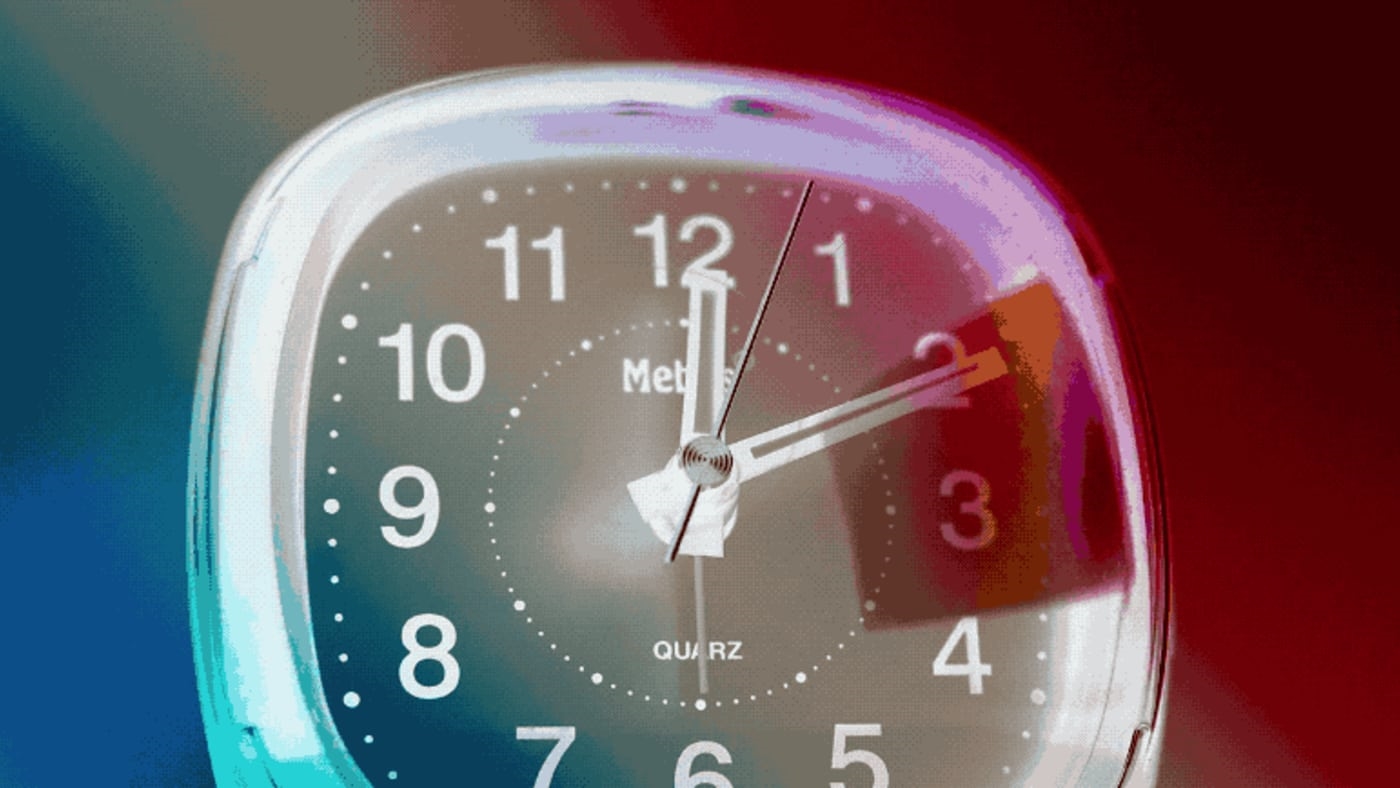Asking this one question can make you feel like you have more time
Think back to high school. Those four years probably seem quite lengthy in the rearview mirror. But the last four years? Not so much. Research finds that almost everyone feels that time speeds up as they get older.
This is less a phenomenon of time, which marches along at the same rate, and more a product of how people interact with time. Youth brings firsts. These are naturally more memorable than normal adult life, in which people wake up and commute to work in the same way they have hundreds of times before. Each day’s meetings seem endless. There is little worth remembering. So the brain doesn’t remember it.
As Alan Burdick wrote in his book Why Time Flies, “Very often when we remark, ‘How did time fly by so quickly?’ what’s actually meant is some version of ‘I don’t remember where the time went.’”
Why is today different from other days?
Some of this is inevitable, but not all of it. Asking one simple question can help nudge life out of this sameness: Why is today different from other days? If you can answer that question, then you are more likely to remember today. And ultimately, having more memories will make you feel like you have more time.
I first learned of this link between memories and time perception in a 2016 TED talk given by New York University psychology professor Lila Davachi. She noted that if you think of each event that happens to you as a memory unit, “in an environment with a lot of variety and change, you’re forming far more memory units than in an environment with very little change. It’s these units–the number of these units–that determine our estimates of time later on. More units, more to remember, and time expands.”
This is why the first day of a vacation seems long. Much is novel, and the brain has no idea what it will need to know in the future. So it remembers all of it.
The flip side of this is also true. If you commute to work the same way for 1,000 days, the brain compresses this in memory into one trip. Just like that, 1,000 hours become one hour. At that rate, an 800,000 hour life would become 800 hours–the equivalent of five weeks.
Of course you can’t always do something novel; you’re not going to commute 1,000 different ways on those mornings. But not everything every day has to be the same. That’s why it’s important to ask, “Why is today different from other days?”
People familiar with Judaism might recognize that this is a version of the Passover question. Before the Passover meal, the youngest person at the table is supposed to ask, “Why is this night different from all other nights?”
For Passover, there’s a specific religious reason, but this question is enlightening in a secular context, too. Why is today different from other days? For most days, most people have no answer. And so those days are forgotten.
Working adventure into normal life
But not everyone lives like this. I recently had 900 busy people with full-time jobs and families track their time on a normal March Monday. I also asked these respondents questions about how they felt about their time.

I found that people who had the most abundant perspective on time–who felt present, relaxed, and in control–were highly likely to have done interesting things on their recorded day. One woman went to salsa dancing lessons. Another subject took the family out to a movie. A big band concert appeared on another log. Not all the Monday adventures were elaborate–it could just be a family walk after dinner–but for the most part, these people had created the conditions for creating memories. Having made memories, they felt they had more time.
I’ve been trying to implement this lesson in my own life. One practical way: I created a list of adventures I’d like to have over the summer, such as solo day trips with each of my four kids. I try to put mini adventures into my days, too: Going somewhere different for lunch, or taking the kids for a post-dinner swim. And–also a key part of asking the question–I’m pausing to note that I did these different things. Why is today different from other days? This is why today is different. Consciously nudging things into memory increases the chances that they stay there.
No one can actually make more time. But asking the right question can make time feel more abundant.
Laura Vanderkam is the author of the new book Off the Clock: Feel Less Busy While Getting More Done.
(43)



